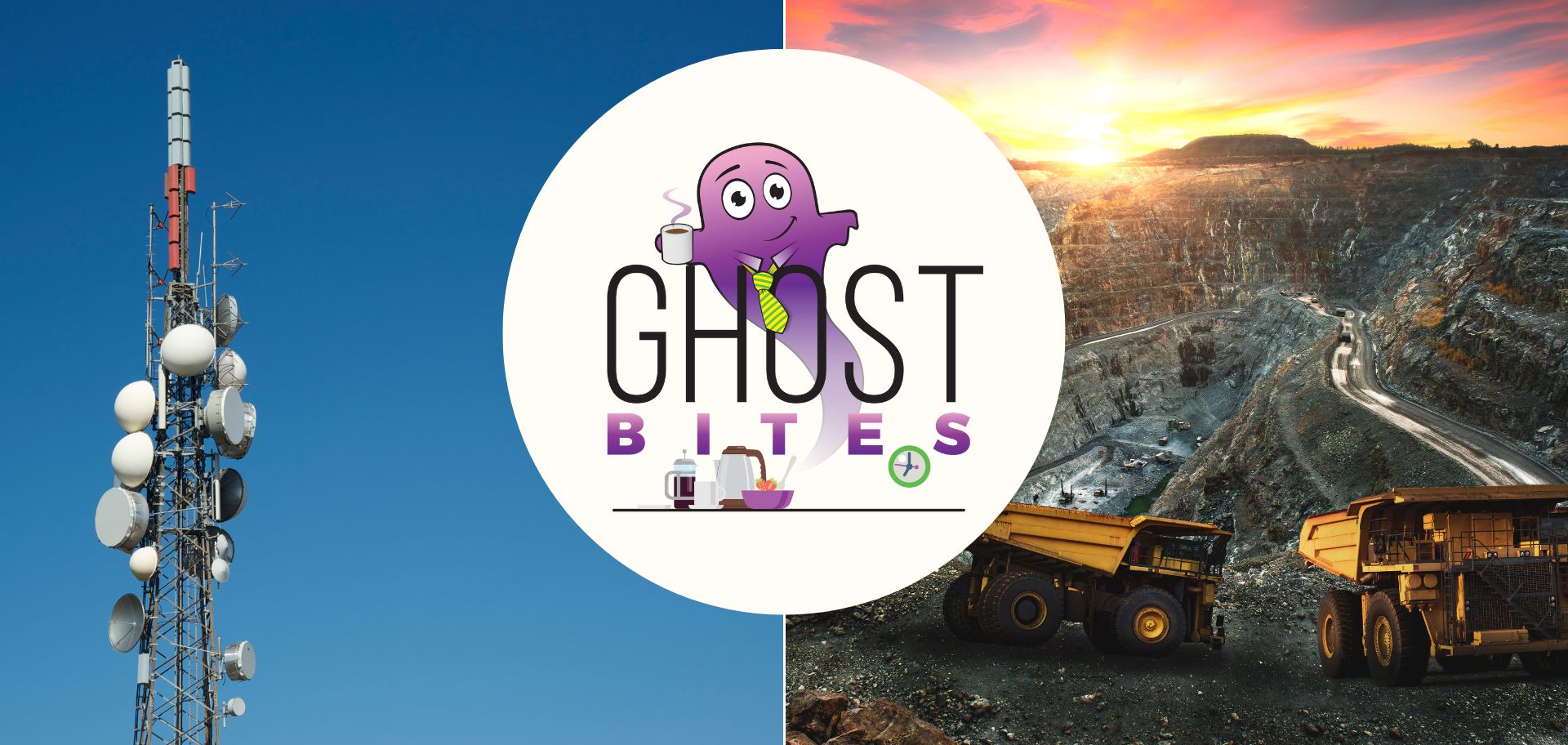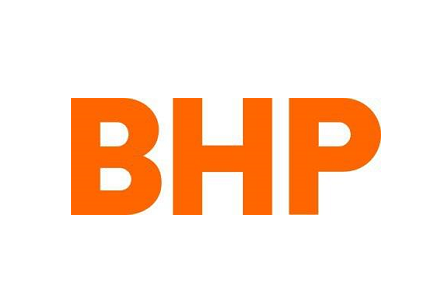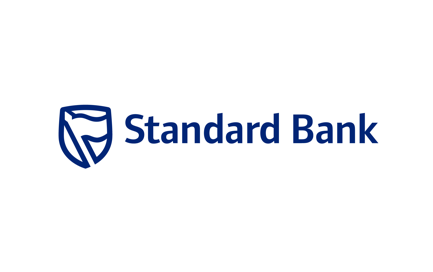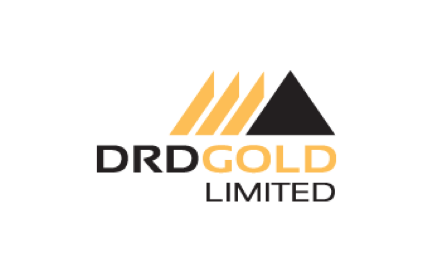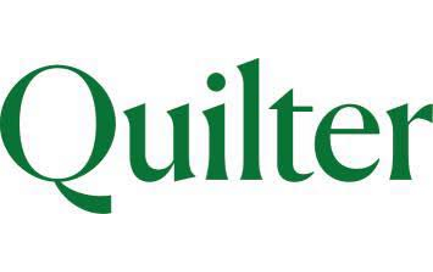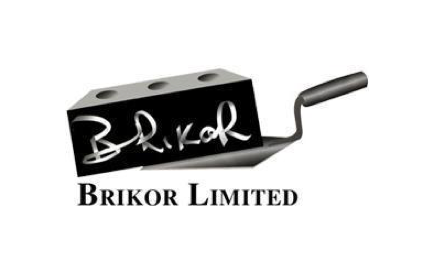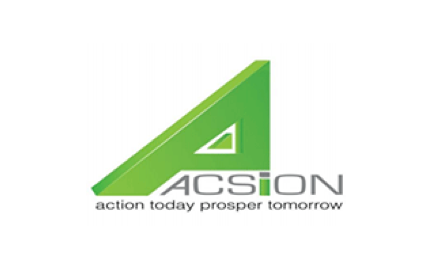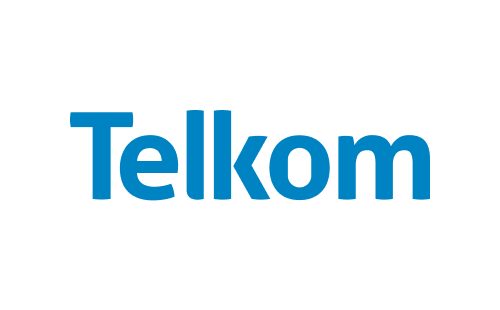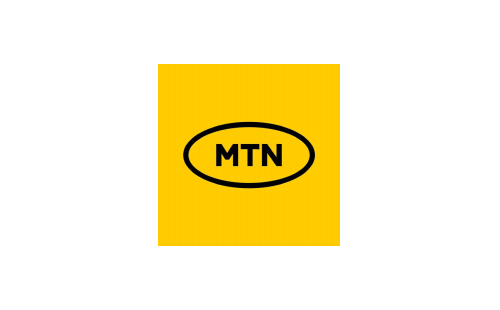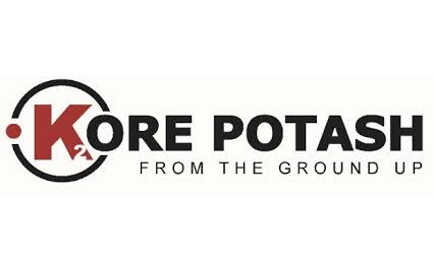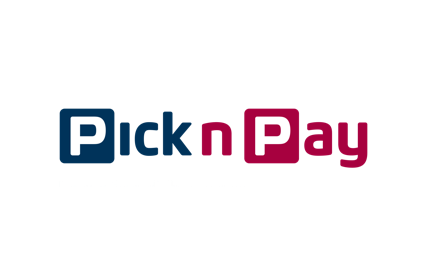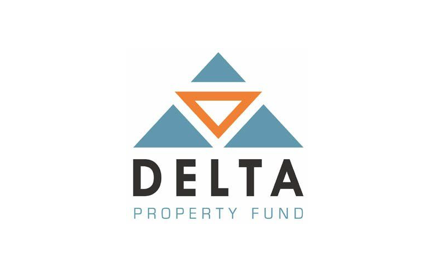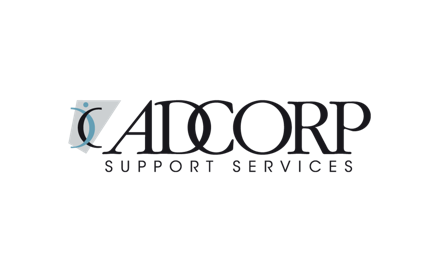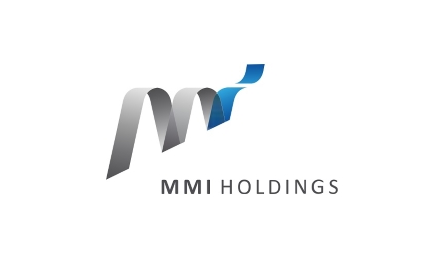If you enjoy Ghost Bites, then make sure you’re on the mailing list for a daily dose of market insights in Ghost Mail. It’s free! SIGN UP >>>
BHP operational review
Other than coal, production is higher
If you plan to read the entire review in detail, you’ll need to set aside a lot of time. BHP releases quarterly announcements that Tolkien would’ve been proud of.
I’ll focus on some key highlights here:
- Production and unit cost guidance is unchanged for the 2023 financial year
- Copper production is up 9% year-on-year and 11% vs. the preceding quarter (sequentially)
- Western Australia Iron Ore is up 3% year-on-year and 1% sequentially
- Metallurgical coal production is down 1% year-on-year and registered a significant drop of 19% sequentially
- Energy coal production fell 38% year-on-year and 33% sequentially
- Nickel production increased 16% year-on-year and 10% sequentially
- Jansen potash project is tracking well
- There are several initiatives underway to reduce group emissions
The sharp contraction in coal production was attributed to several factors including wet weather. It’s not just Eskom who struggles with wet coal.
DRDGOLD continues to struggle with margins
The gold price needs to stop this nonsense now
In an operating update for the quarter ended September, DRDGOLD reported a 1% sequential increase in production (i.e. vs. the quarter ended June) and a flat performance in gold sold. That’s not good when inflation is going through the roof and the gold price isn’t behaving, as the only way to then close the profitability gap is to ramp up production (easier said than done obviously).
Although the average gold price received was 1% higher than the preceding quarter, the inflationary pressures noted above led to cash operating costs increasing by 2% per kilogram. That’s not happy news for margins per kilogram, now is it?
To make the quarter-on-quarter view look even worse, there was an insurance claim of R84.7 million in the second quarter that obviously didn’t repeat in this quarter. This was the primary driver of adjusted EBITDA falling by 19%.
All-in sustaining costs per kg fell by 14% due to a significant decrease in sustaining capital expenditure. All-in costs per kg were 9% lower.
DRDGOLD remains cash flush (R2.24 billion in the bank) and still expects to declare an interim dividend in February 2023.
The share price has lost 28% of its value this year and I’m glad I got out of the way at the start of the year when I could see that gold wasn’t behaving the way it should during high inflation.
MTN has achieved the near-impossible
Yes, we finally have evidence of someone successfully cancelling a deal with Telkom
It’s time to bring out this gem from my Twitter timeline:

Based on the level of engagement it achieved back in July, it seems that many other people have also experienced the joy of the Telkom cancellations department.
Telkom’s share price tanked more than 21% in morning trade as the news broke of MTN calling off a potential deal with the company. There aren’t many details given in the announcement, other than that the parties failed to “reach agreement” to “mutual satisfaction” on the terms and process going forward.
If you only read the MTN announcement, you might speculate that this could’ve been related to price or other elements of the deal. There was perhaps some concern around how the competition regulators would view the deal, something that many highlighted as a deal risk.
If you read the Telkom announcement, you’ll see that Telkom wasn’t able to provide MTN with exclusivity around discussions and this apparently killed the deal. Before you lay the blame at Telkom’s door, it’s quite right not to grant exclusivity when there isn’t even a binding offer on the table. The board has a fiduciary duty to consider all potential offers.
Speaking of other potential deals and in case you’ve forgotten, Rain has thrown its hat in the ring with Telkom. The idea would be to merge the groups and retain Telkom’s listing. This must’ve played a role in MTN pushing for exclusivity.
With MTN having left the boardroom table, perhaps it’s time for Telkom to make it rain?
Quilter has lost half its market value this year
When markets are falling, you don’t want to own an asset manager
When looking at asset management firms, you have to distinguish between assets under management (or even assets under management and administration – “AuMA” in Quilter’s language) and net flows. AuMA will fluctuate as the market prices of all the underlying investments change. Net flows will tell you whether that asset manager is still attracting money from investors.
Over the course of the third quarter, Quilter’s AuMA fell 2%. There were net inflows representing 1% of opening AuMA, though they were lower than net inflows in the prior period.
Productivity per advisor (measured by gross flows vs. the number of advisors) has been consistent.
Paul Feeney has been at the helm for a decade and is stepping down on 1 November 2022. Steven Levin will take the top job in a difficult market environment. Quilter fell 5.5% after announcing the quarterly numbers and is down a whopping 51% this year.
Standard Bank signs off on another strong quarter
Year-to-date earnings are 42% higher than the comparable period
Each quarter, Standard Bank provides sufficient information to the Industrial and Commercial Bank of China (ICBC) to enable that bank to meet its reporting requirements. The benefit for local investors is that we get quarterly updates from Standard Bank rather than only interim and final reports.
For the nine months to September (i.e. the year-to-date period), net interest income (NII) achieved double-digit growth thanks to higher average loan balances and average interest rates. This is in line with what I wrote about the banks earlier this year, as inflation drives larger balance sheets for corporates.
Encouragingly, non-interest revenue (NIR) continued its strong growth, with market volatility leading to trading revenue growth. Banks love volatile markets with high trade volumes.
Another impressive aspect to the update is positive jaws, which means expense growth was lower than income growth. This suggests an expanding operating margin. I have no idea why the term “jaws” is only seen in the banking sector and hardly anywhere else.
It’s all good and well for balance sheets to grow, but if credit losses increase too quickly then the net impact on profits can be negative. Thankfully, Standard Bank’s credit loss ratio for the nine-month period is in the lower half of the through-the-cycle credit loss ratio range of 70 to 100 basis points.
Looking at other business units, Liberty’s performance improved vs. the comparable period that was impacted by the pandemic provisions. ICBC Standard Bank plc continued to report an operational profit for the nine months.
Return on equity for the nine-month period is higher than the 15.3% achieved in the first six months. The group doesn’t disclose how much higher.
With earnings attributable to ordinary shareholders up 42% year-to-date vs. the comparable period, this is proving to be an excellent year for Standard Bank.
The share price rallied more than 6.5% in response, taking the year-to-date growth to 12%.
Little Bites:
- Director dealings:
- A director of Distell Group has sold shares worth R3.1 million
- An associate of a director of Pick n Pay has bought shares worth R493k
- The CEO of Momentum Metropolitan has bought shares worth nearly R800k
- Adcorp has released a trading statement for the six months ended August. Revenue is up by between 1.2% and 5.2% which isn’t thrilling. HEPS from continuing operations is expected to be between 2% and 14% lower than in the comparable period. Sadly, because of “exceptional losses” in allaboutXpert Australia (classified as a discontinued operation), the group HEPS result is expected to be between 54% and 74% lower. At the end of August, Adcorp was in a net cash position of R144.8 million.
- Delta Property Fund has agreed to dispose of 15 Simba Road, Sunninghill for R39 million. The property was valued at the end of February 2022 at R45.4 million. The buildings are vacant are need significant refurbishment. The proceeds will reduce the loan-to-value from a horrible 57% to a marginally less horrible 56.8%. Fund vacancy levels will reduce by 70 basis points to 30.6%. The buyers include a few names that I remember from my varsity classes at Wits, but that’s my little secret.
- Kore Potash is a reminder of why doing business in Africa is fraught with risks. The Minister of Mines of the Republic of Congo has “expressed his discontent” with aspects of the administration of subsidiary companies and the lack of progress made towards financing the Kola Project. This comes after two senior employees were arrested and released without charge. The government has the “right to take measures” if the company doesn’t respond within 30 days. Kore Potash has actually made great progress in this project, so this feels like an African government just doing what so many of them are famous for: shaking the foreign corporation tree to see how much money falls out of it.
- Specialist property developer Acsion Limited has released a cautionary announcement related to a potential cash offer for the company and subsequent delisting. There are such thin volumes in this company that it wouldn’t be much of a loss to the market. I’m not surprised to see this one potentially leaving the market.
- Brikor released a textbook “bland cautionary” – there are literally no details. At all. We only know that the company has entered into negotiations that may impact the share price. Watch this space.
- After uncovering gross misconduct by the leadership team in Jasco’s security and fire business, the board planned to restructure the business and exit this market segment. On further scrutiny though, the board has decided to rather place the business into voluntary liquidation. This can only mean that things were so bad that the business couldn’t be salvaged. The share price fell 30% as another reminder of the risks of investing in marginal microcaps.

